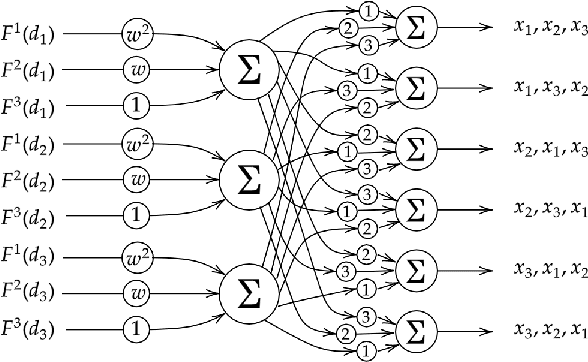Constrained Neural Networks for Interpretable Heuristic Creation to Optimise Computer Algebra Systems
Paper and Code
Apr 26, 2024
We present a new methodology for utilising machine learning technology in symbolic computation research. We explain how a well known human-designed heuristic to make the choice of variable ordering in cylindrical algebraic decomposition may be represented as a constrained neural network. This allows us to then use machine learning methods to further optimise the heuristic, leading to new networks of similar size, representing new heuristics of similar complexity as the original human-designed one. We present this as a form of ante-hoc explainability for use in computer algebra development.
* Accepted for presentation at ICMS 2024
 Add to Chrome
Add to Chrome Add to Firefox
Add to Firefox Add to Edge
Add to Edge